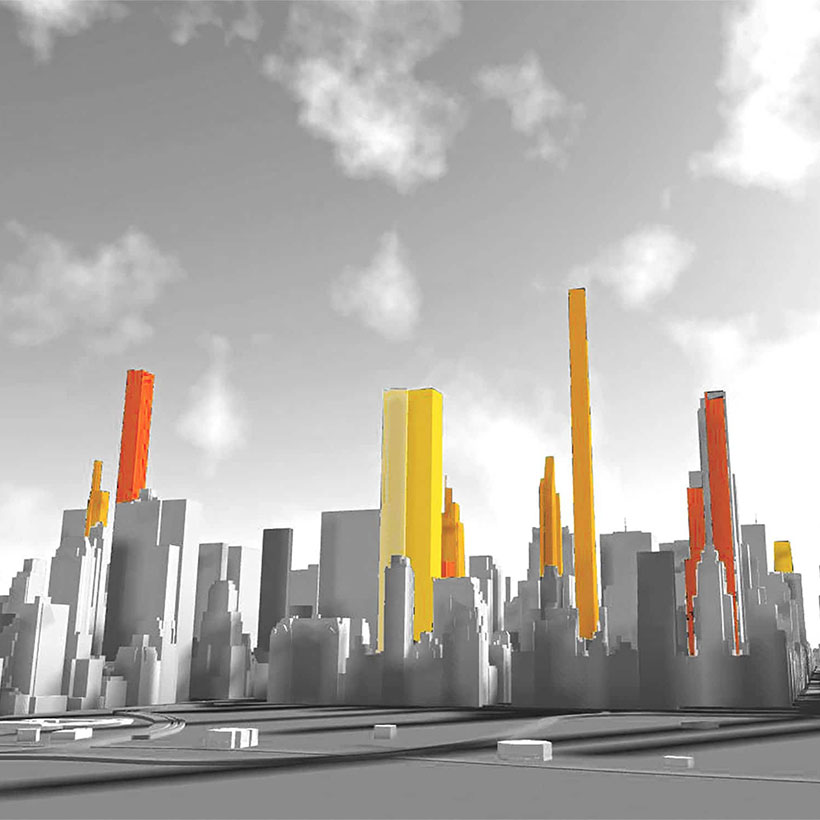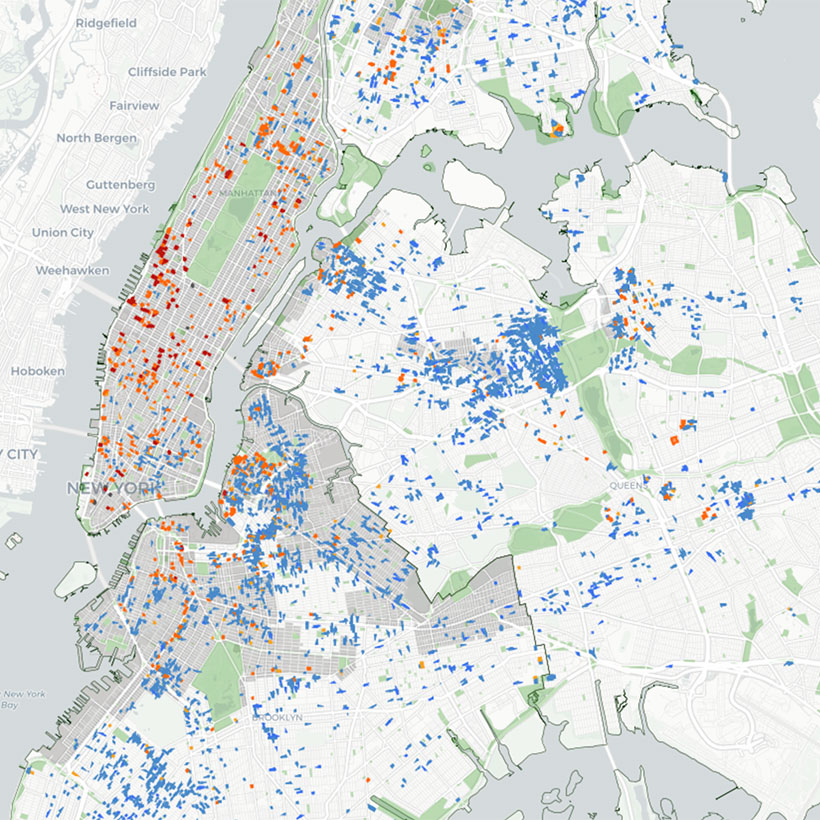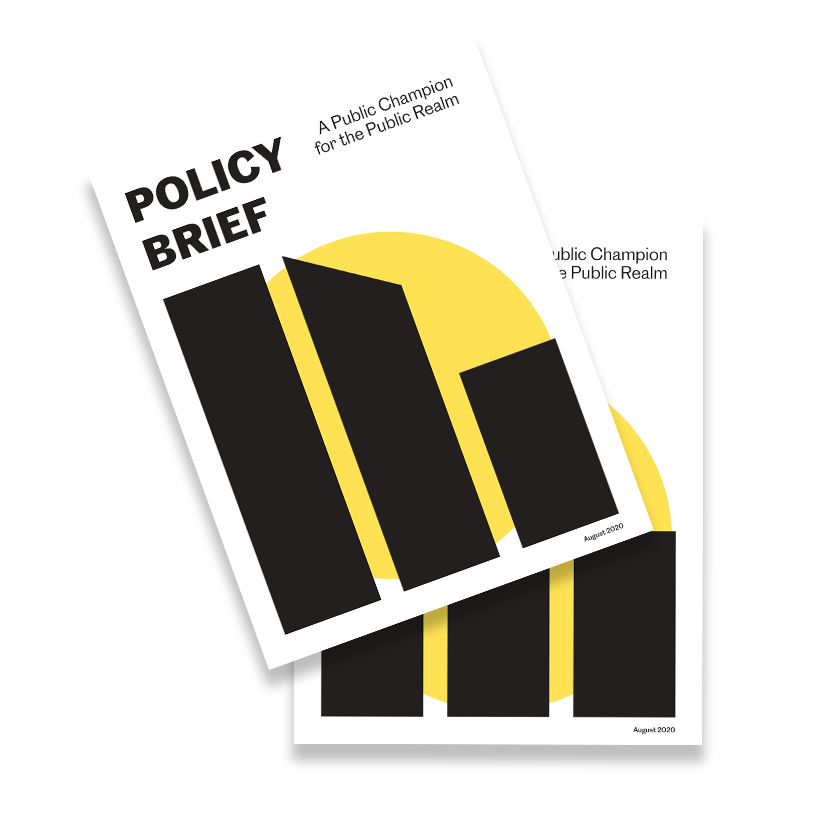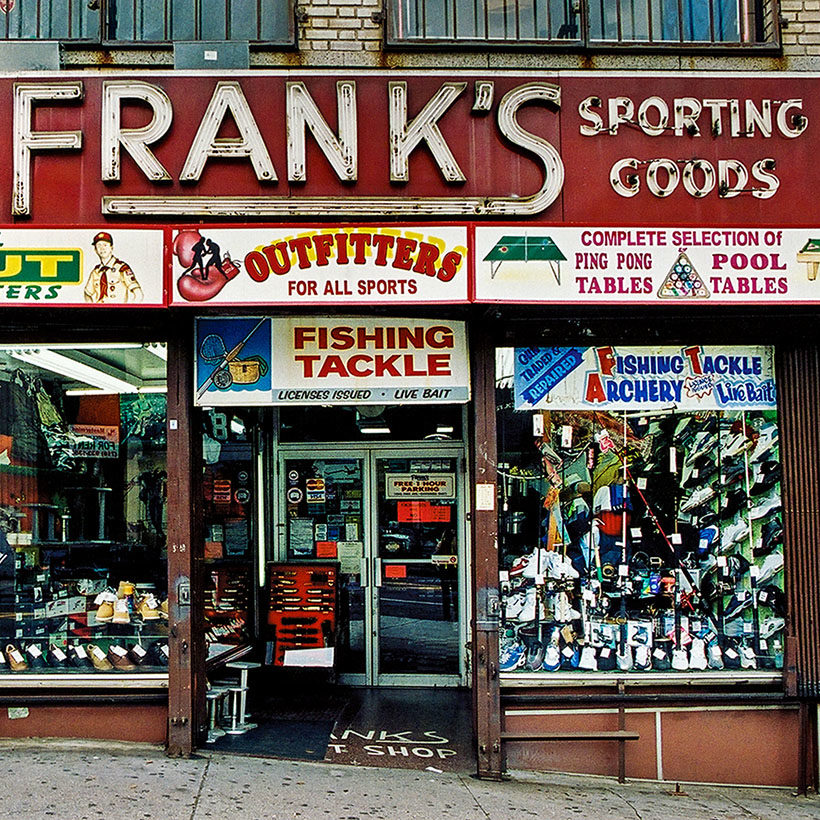Memo of Opposition: Amending Multiple Dwelling Law to Allow Residential Conversions Should Be a City Decision
MEMORANDUM IN OPPOSITION
Proposal: Part L of FY 2022 New York State Executive Budget for Transportation, Economic Development and Environmental Conservation (Part L: Repurposing Underutilized Commercial Space for Housing)
Subject: Amends the Multiple Dwelling Law in relation to commercial to residential conversions in the city of New York
Date: February 26, 2021
The Municipal Art Society of New York (MAS) has lifted up the voices of the people in the debates that shape New York’s built environment, leading the way toward a more livable city from sidewalk to skyline, for more than 125 years. We have reviewed Part L of FY 2022 New York State Executive Budget for Transportation, Economic Development and Environmental Conservation (collectively, the “Proposal”) and strongly recommend that it be eliminated from the budget adopted for FY 2022.
Download Testimony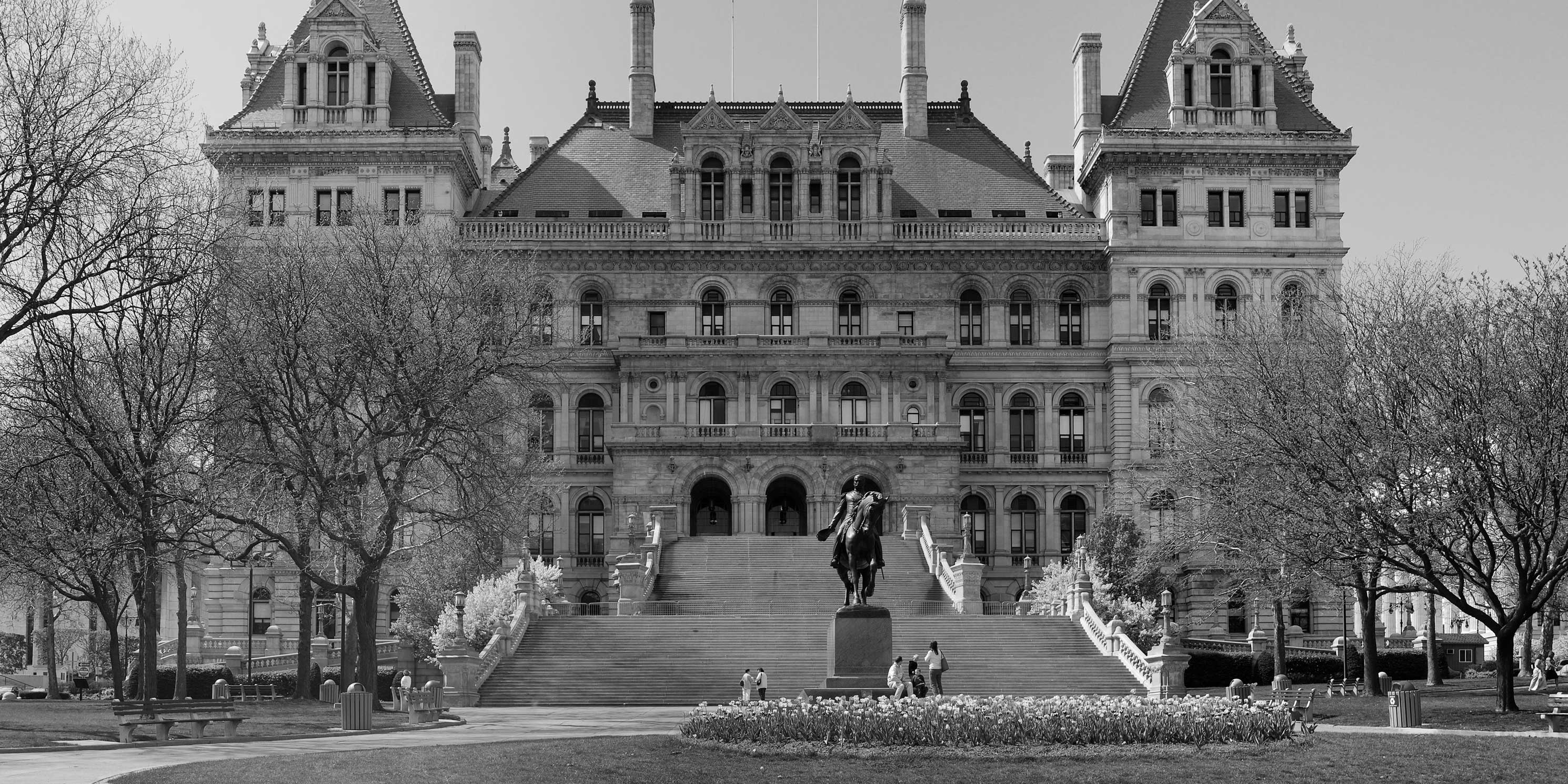
For the purpose of addressing hotel and commercial vacancies due to the COVID-19 pandemic, the Proposal would temporarily amend the New York State Multiple Dwelling Law by allowing commercial office to residential conversions for buildings (1) existing prior to January 1, 1980, or (2) existing prior to December 31, 2020 that are also bankrupt or subject to receivership, located below 60th Street in Manhattan. Additionally, the Proposal applies to hotels with fewer than 150 rooms located north of 110th Street in Manhattan or in the other boroughs. To accomplish this, the Proposal would override any state law and other local zoning law, ordinance, resolution, or regulation that limits residential conversions.
MAS recognizes the urgency of the affordable housing crisis and high commercial vacancies across the city due to the COVID-19 pandemic. However, we fundamentally disagree with a state override of local zoning and land use decision-making for several reasons. At a basic level, we believe the City is best suited to make such an important land use decision, which will benefit from public and environmental review processes that address environmental impacts and give communities an opportunity to participate in the process.
No Environmental Review
This Proposal not only overrides local land use, zoning, and environmental review processes, but it would also be exempted from review under New York’s State Environmental Quality Review Act (SEQRA) as a Type II action of the New York State Legislature.
The Proposal would apply to offices in the densest commercial districts of Manhattan, such as Midtown, hotels of fewer than 150 rooms located north of 110th Street in Manhattan and in the other boroughs, and manufacturing districts citywide. Approving the conversion of office space to residential use at such a scale without undergoing environmental review could have dire consequences. This is especially true for neighborhoods in which new residents could overburden schools and public transit and strain infrastructural capacity. Under the Proposal, these and other potential environmental impacts would not be studied or addressed. Without any public process, communities affected by the Proposal would be left without a voice in major land use decisions that affect their neighborhood. Without environmental review, transparency and accountability cannot be assured.
Questions About Affordability
As drafted, the Proposal is vague about how it will achieve its stated goal of providing more affordable housing in areas with high commercial vacancy rates. While the Proposal requires conversions to set aside 25% of residential units as affordable, it does not state the level of affordability required or how that level of affordability will be determined by the New York State Department of Homes and Community Renewal (DHCR).
Lack of Clarity
Finally, the Proposal does not provide any rationale concerning the dates chosen for qualified office conversions. The Proposal is also arbitrary about the geographic area that applies to hotel conversions north of 110th Street in Manhattan. Additionally, the Proposal does not state what specific state and local laws, ordinances, resolutions, or regulations it seeks to override. It does not state which provisions of the New York City Building Code apply when a commercial-to-residential conversion takes place under this Proposal, especially when contemplating design issues such as access to light, air, and open space.
Conclusion
On principle, we believe that land use and zoning decisions are the responsibility of local jurisdictions. While MAS strongly supports efforts to build more high-quality affordable housing in New York City, it must be provided with consideration for the infrastructure needed to support it. Instead, the Proposal ultimately takes a significant land use decision out of the hands of the City and the purview of local public environmental and land use processes and must not be advanced. Before passing Part L of FY 2022 New York State Executive Budget for Transportation, Economic Development and Environmental Conservation, the potential outcomes from this Proposal–intended and otherwise–need to be examined and thoroughly discussed.
For these reasons, MAS OPPOSES this Proposal and urges the Legislature to eliminate it from the budget adopted for FY2022.

